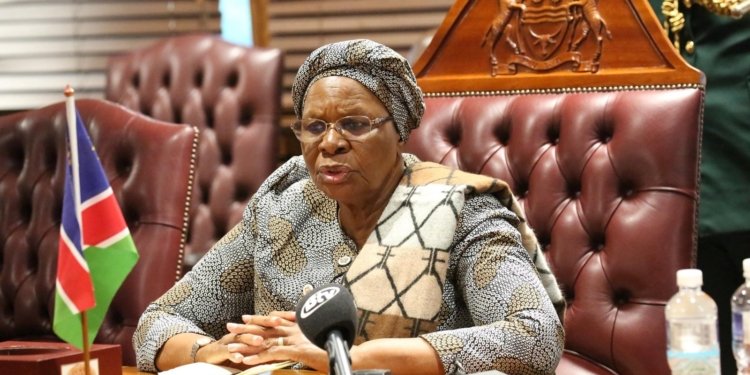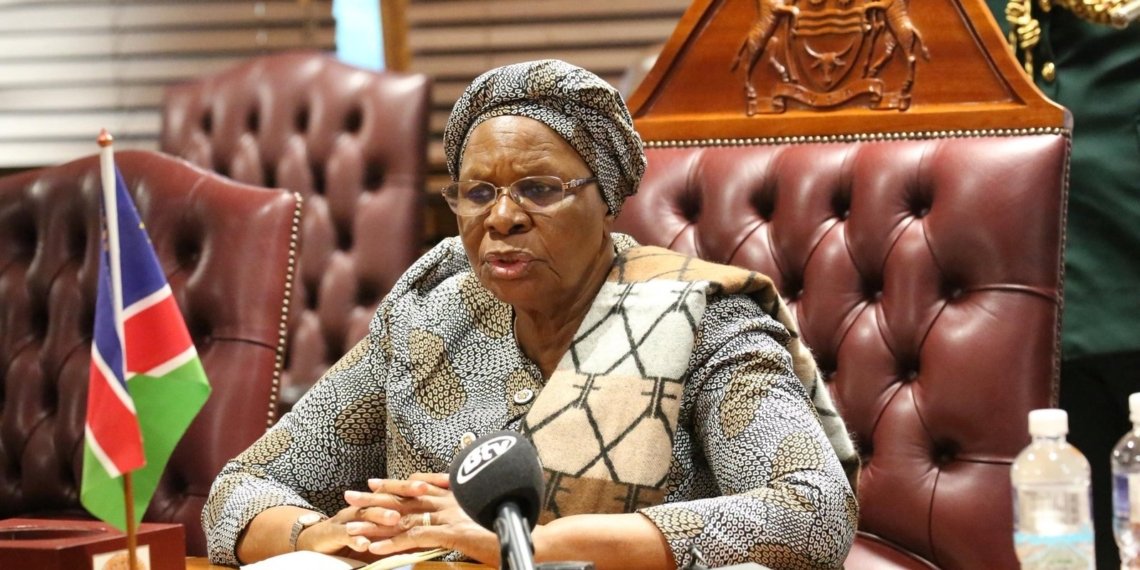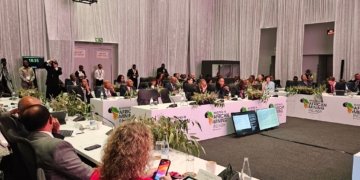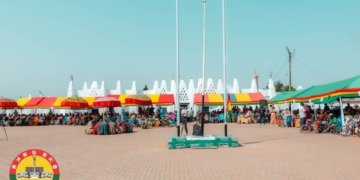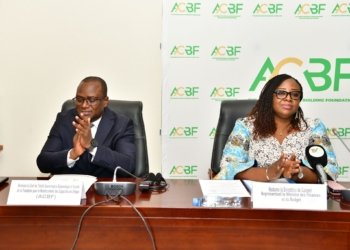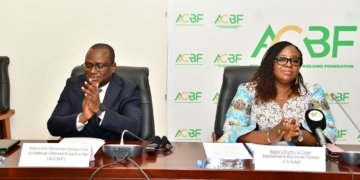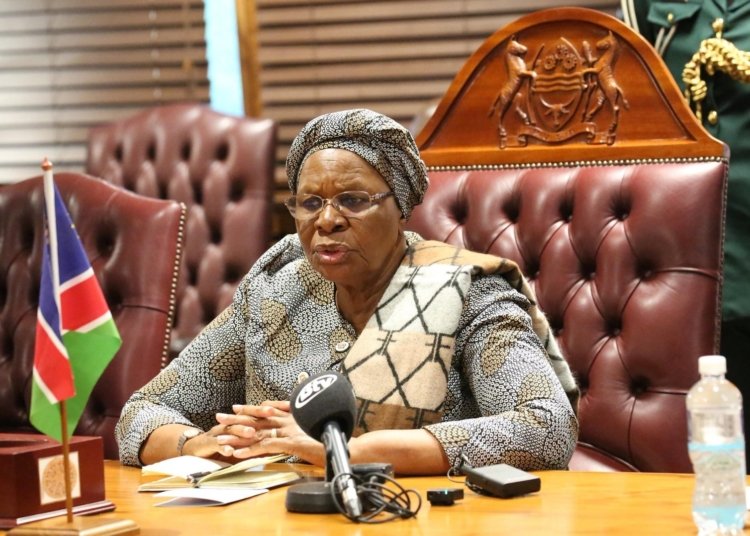Namibia has fully repaid its $750 million Eurobond issued in 2015, the country’s largest-ever debt maturity, according to a government statement released in late October.
The bond, which carried a 5.5% coupon and was set to mature in 2025, marked Namibia’s second foray into international capital markets.
The repayment was financed through a combination of proceeds from the government’s sovereign sinking fund and support from domestic financial institutions, in line with the country’s debt management strategy.
“This redemption is a testament to our commitment to fiscal discipline, strategic foresight, and prudent debt management,” Finance Minister Ericah Shafudah said in remarks delivered during the announcement. She described the moment as one of “pride and purpose” for the nation.
The repayment reduces Namibia’s foreign debt exposure and reinforces its reputation for honoring sovereign obligations. It follows the successful redemption of a previous $500 million Eurobond in 2021.
Some proceeds from the 2011 bond were allocated to infrastructure and housing, Shafudah said, noting that the government remains transparent about how bond funds are used.
With external public debt levels approaching 60% of GDP, the redemption eases short-term refinancing pressures and signals improved debt sustainability.
According to the World Bank, Namibia’s economy expanded by around 3% in the first half of 2025, driven by growth in retail, financial services, and government activity.
However, declines in diamond production and agriculture weighed on output. GDP growth is projected to slow slightly to 3.1% in 2025, before rising to 3.5% in 2026, supported by major new energy investments expected to lift medium-term growth.
The Bank of Namibia said the transaction will also help reduce foreign exchange risk in the country’s overall debt portfolio.
Namibia, a resource-rich economy reliant on mining exports, is looking to stabilize its fiscal position amid ongoing reforms and efforts to attract long-term investment.
The government has pledged to maintain a cautious approach to external borrowing while strengthening domestic revenue and expenditure controls.
Windhoek, Namibia – Bantu Gazette
